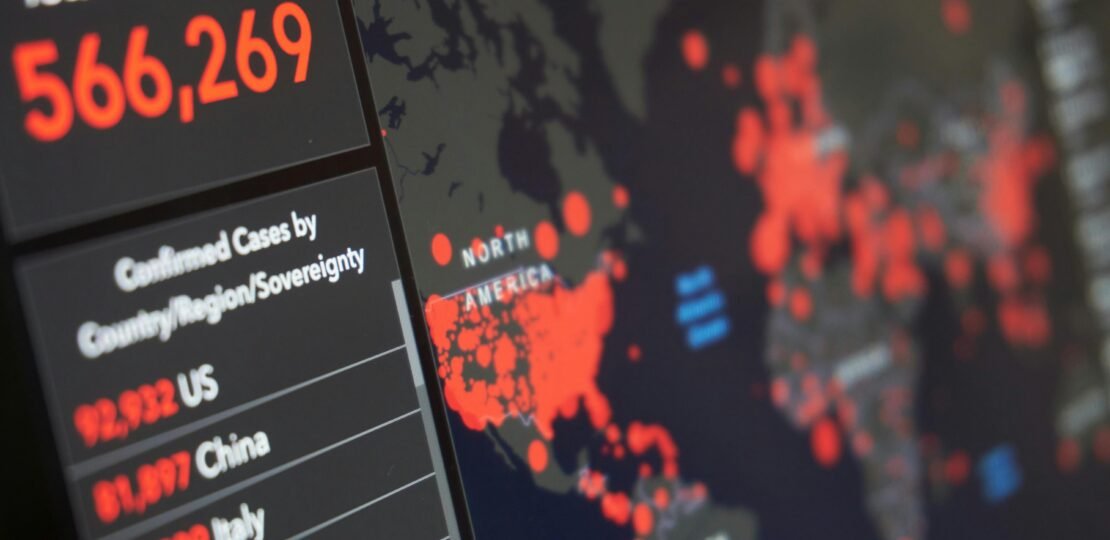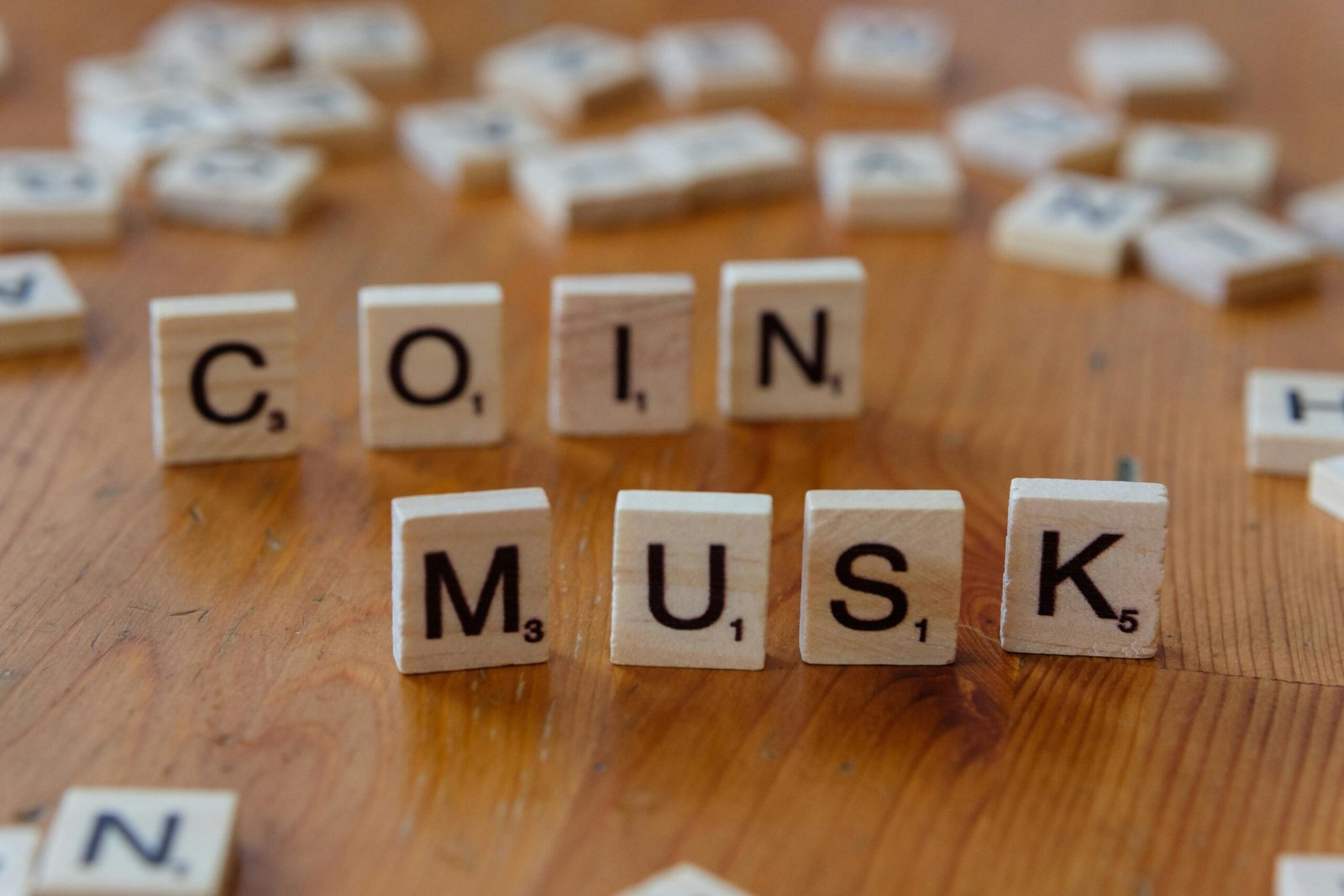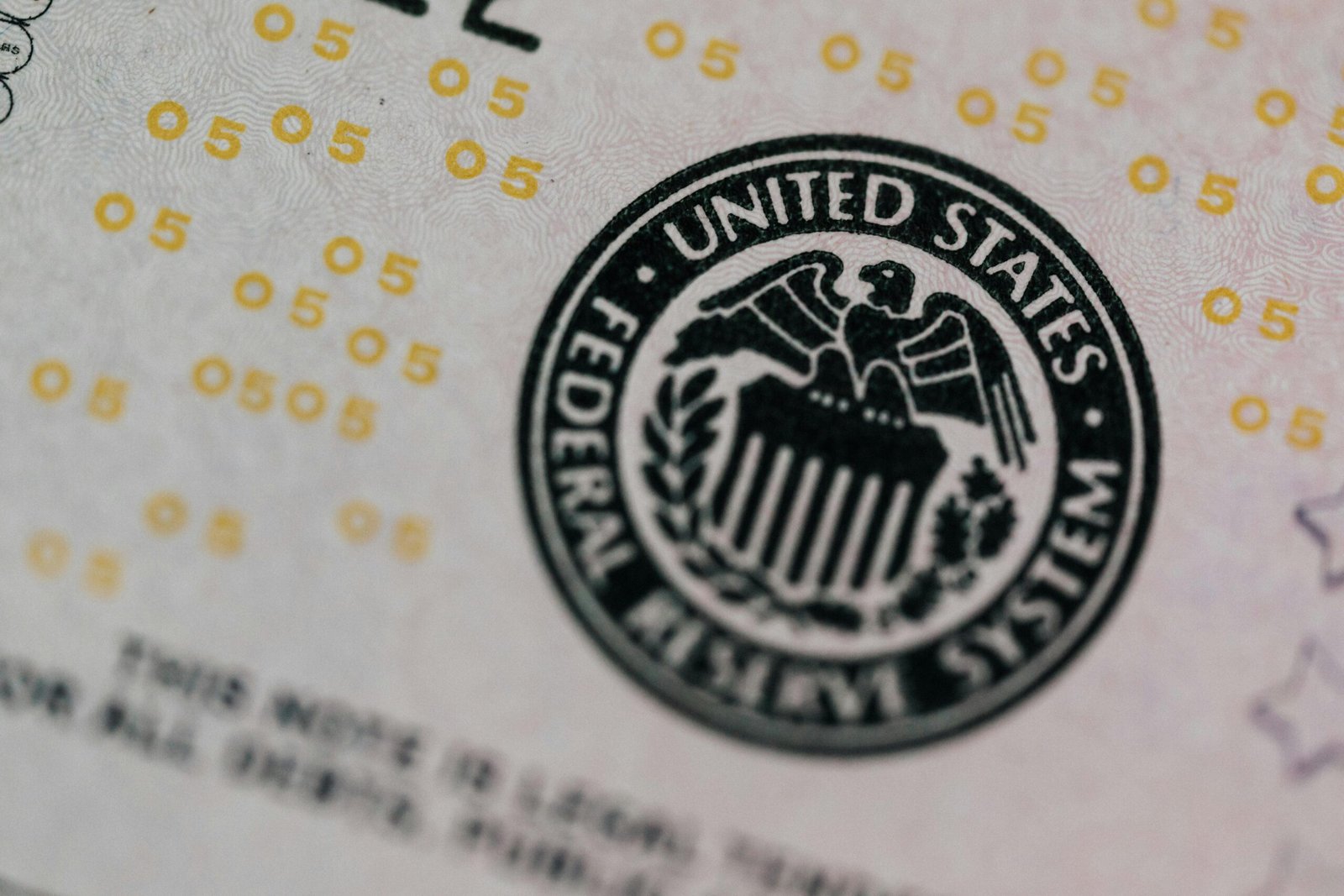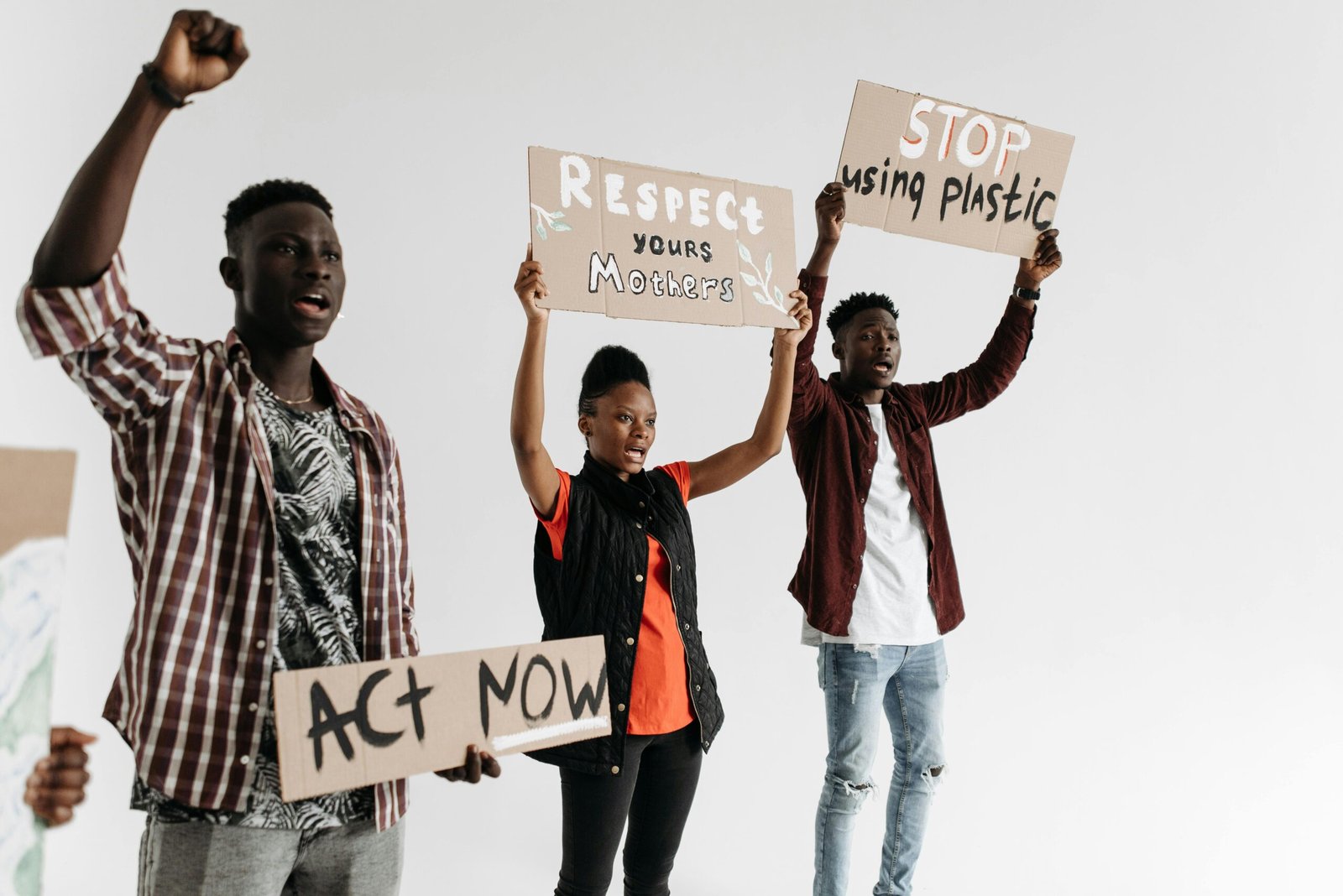190 Million Americans Hit by Change Healthcare Data Breach: The Largest Medical Hack in U.S. History
The Shocking Truth: Nearly Double the Initial Estimates
UnitedHealth has dropped a bombshell: the ransomware attack on its Change Healthcare unit in February 2024 affected a staggering 190 million Americans—nearly double the previous estimate of 100 million. This isn’t just a breach; it’s a full-blown crisis that has shaken the U.S. healthcare system to its core.
“The estimated total number of individuals impacted by the Change Healthcare cyberattack is approximately 190 million.”
Tyler Mason, UnitedHealth Group Spokesperson
What Happened? A Breakdown of the Breach
Here’s the brutal truth: Change Healthcare, a subsidiary of UnitedHealth and one of the largest processors of healthcare claims in the U.S., was hit by the ALPHV ransomware gang. These cybercriminals didn’t just sneak in—they exploited a stolen account credential that wasn’t protected with multi-factor authentication. The result? A catastrophic data heist.
- What Was Stolen? Names, addresses, dates of birth, phone numbers, email addresses, and government identity documents (Social Security numbers, driver’s licenses, and passport numbers).
- Health Data Exposed: Diagnoses, medications, test results, imaging, care and treatment plans, and health insurance information.
- Financial Fallout: Banking and financial information from patient claims was also compromised.
The Aftermath: Chaos and Ransom Payments
The breach didn’t just steal data—it caused months of outages across the U.S. healthcare system. To make matters worse, the hackers published some of the stolen data online, forcing Change Healthcare to pay at least two ransoms to prevent further leaks. This isn’t just a hack; it’s a wake-up call for the entire industry.
“We are not aware of any misuse of individuals’ information as a result of this incident.”
Tyler Mason, UnitedHealth Group Spokesperson
Why This Matters: A Crisis That Demands Action
This isn’t just another data breach—it’s the largest medical data hack in U.S. history. The fallout? Millions of Americans are now vulnerable to identity theft, fraud, and other cybercrimes. And while UnitedHealth claims there’s no evidence of misuse, the damage is already done.
- What’s Next? The final number of affected individuals will be confirmed and filed with the Office for Civil Rights.
- Lessons Learned: This breach highlights the critical need for stronger cybersecurity measures, including multi-factor authentication and robust data protection protocols.
The Bottom Line: A Call to Arms
This breach isn’t just a wake-up call—it’s a five-alarm fire for the healthcare industry. If we don’t act now, the next breach could be even worse. The time for complacency is over. The time for action is now.



